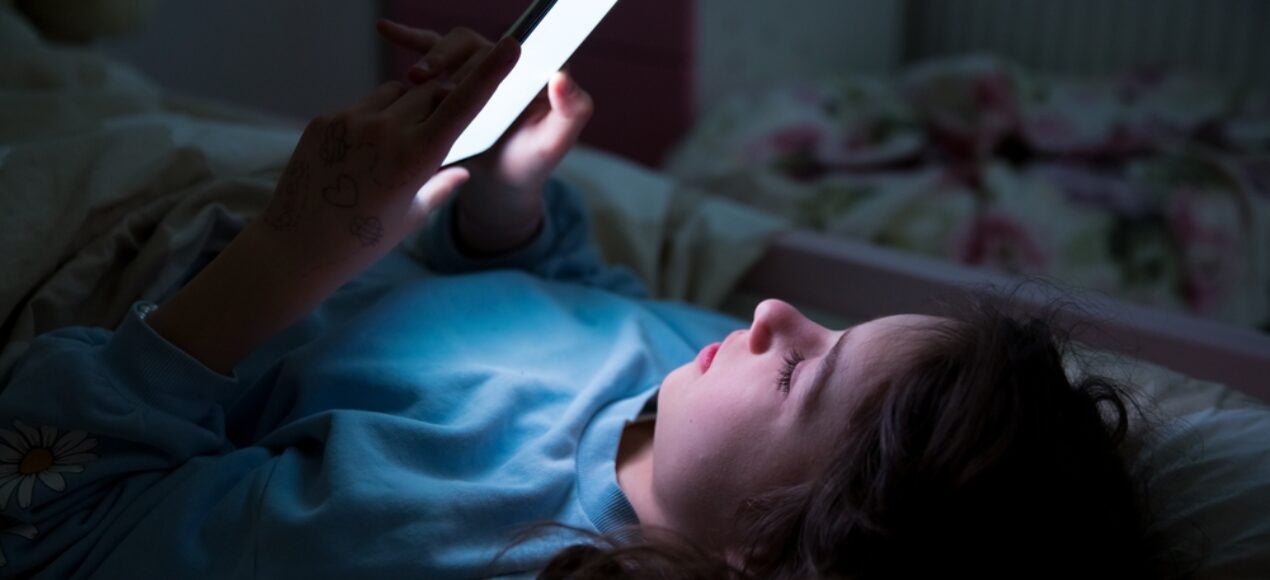Our dedication lies not just in treating symptoms but in addressing the root causes, offering a holistic approach that integrates the best of therapeutic practices with the warmth of community support.
The Impact of Problematic Technology Use on Mental Health in Today’s Generation

Feb 06, 2025
The Impact of Problematic Technology Use on Mental Health in Today’s Generation
In today’s fast-paced digital world, technology has become an inseparable part of our daily lives. From smartphones and social media to video games and streaming services, we are more connected than ever before. While these advancements bring undeniable benefits, an increasing number of individuals—especially adolescents and young adults—are struggling with problematic technology use that is taking a toll on their mental health.
Understanding Problematic Technology Use
Problematic technology use (PTU) refers to excessive or compulsive engagement with digital devices and online platforms that interferes with daily functioning, responsibilities, and overall well-being. It can manifest in various ways, including:
- Excessive social media use leading to anxiety, depression, and low self-esteem.
- Compulsive gaming that disrupts sleep, academic performance, and social interactions.
- Overuse of digital entertainment (e.g., binge-watching) contributing to isolation and lack of motivation.
- Doomscrolling and information overload, increasing stress and feelings of helplessness.
The Mental Health Consequences of PTU
Studies have linked excessive technology use to a range of mental health concerns, including:
- Increased Anxiety & Depression: Constant exposure to curated online content can lead to unrealistic comparisons, low self-worth, and heightened anxiety.
- Sleep Disruptions: The blue light emitted by screens and the addictive nature of online content often result in sleep deprivation, which exacerbates mood disorders.
- Reduced Attention Span: Frequent notifications and the need for instant gratification can make it harder to focus, affecting academic and work performance.
- Social Isolation: While technology is designed to connect people, overuse often leads to decreased face-to-face interactions and weaker real-world relationships.
Recognizing the Signs of Problematic Technology Use
If you or a loved one is experiencing any of the following, it may be time to re-evaluate technology habits:
- Feeling anxious or irritable when unable to access devices.
- Neglecting responsibilities, hobbies, or social activities in favor of screen time.
- Lying about or hiding technology use.
- Difficulty controlling the amount of time spent online.
- Experiencing physical symptoms such as headaches, eye strain, or fatigue from prolonged use.
Strategies for Healthier Tech Habits
Addressing problematic technology use requires a balanced approach. Here are some practical strategies to regain control:
- Set Screen Time Limits: Use apps or built-in features to track and limit usage.
- Prioritize Offline Activities: Engage in hobbies, exercise, and in-person social interactions.
- Establish Tech-Free Zones: Keep devices out of bedrooms and mealtimes.
- Practice Mindful Consumption: Be intentional about online content and avoid excessive doomscrolling.
- Seek Professional Support: If technology use is interfering with daily life, consider seeking help from a mental health professional.
How CTRLCare Behavioral Health Can Help
At CTRLCare Behavioral Health, we specialize in treating problematic technology use and its impact on mental health. Our comprehensive and individualized treatment programs help adolescents and young adults develop healthier relationships with technology while addressing underlying emotional and behavioral challenges. Through evidence-based therapies, mindfulness techniques, and family support, we empower individuals to regain balance and well-being.
If you or someone you know is struggling with technology overuse, reach out to us today. Together, we can build a healthier, more intentional relationship with technology and improve overall mental well-being.
Contact CTRLCare Behavioral Health (866) 754-6414 or info@ctrlcarebh.com to learn more about our specialized programs.

APPOINTMENT
Get Your Online Consultation
Copyright 2026 CTRL Care | All Rights Reserved
